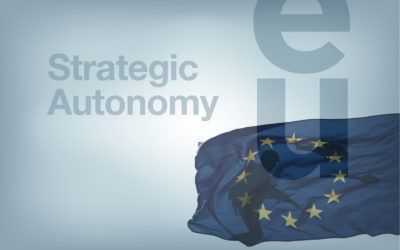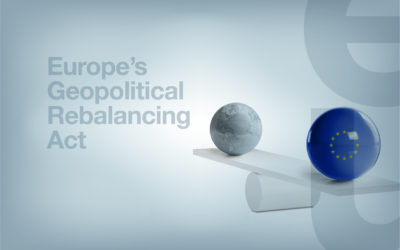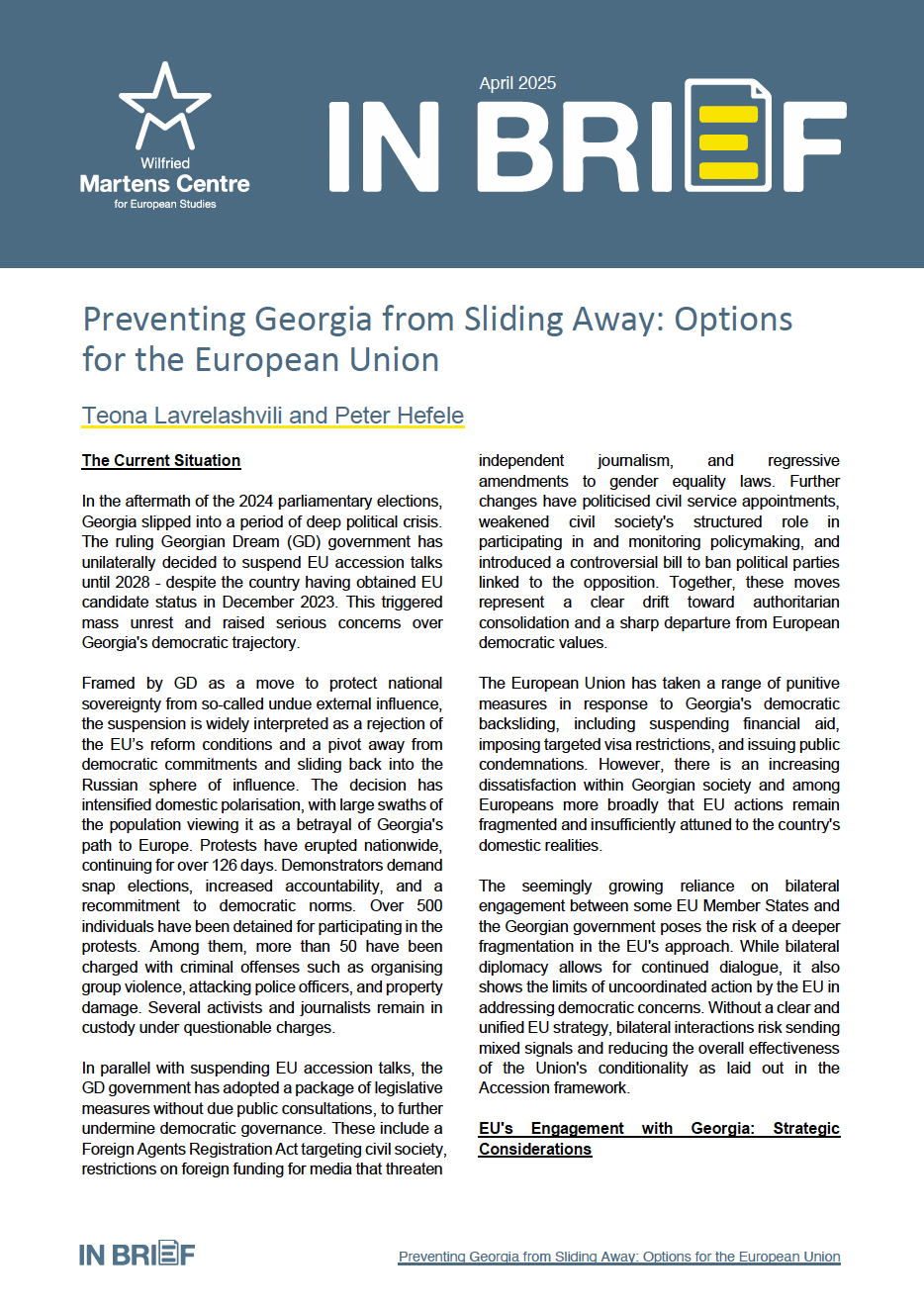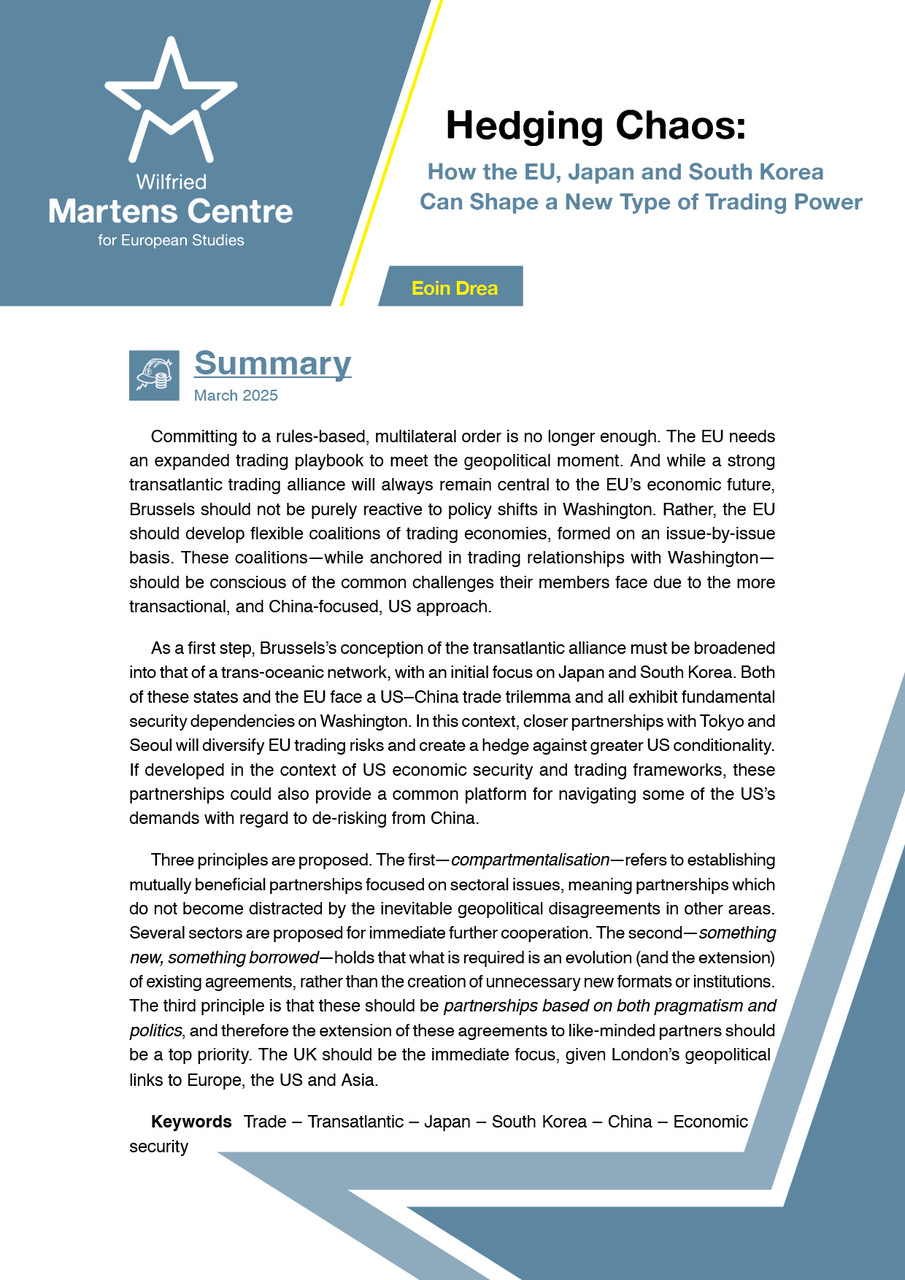How to Make the European Political Community Matter?
18 July 2024
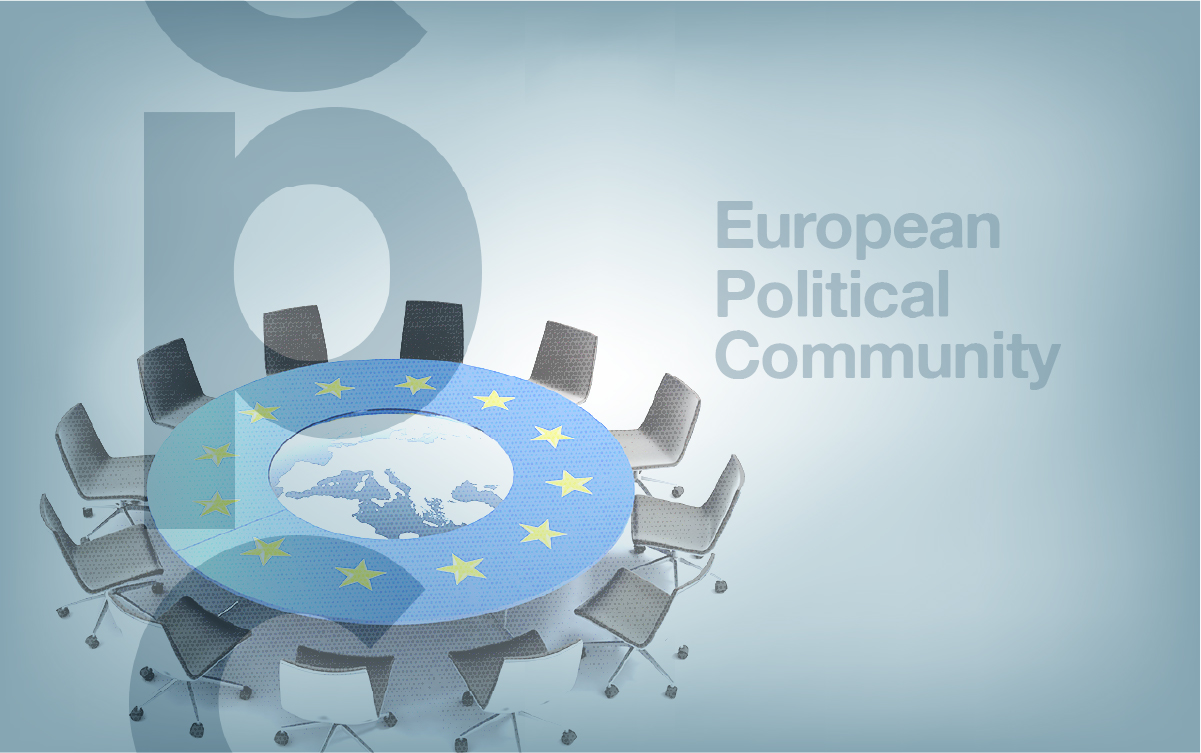
Today, the fourth European Political Community (EPC) Summit is kicking off, drawing leaders and heads of government from 47 nations. Hosted at the historical Blenheim Palace, the birthplace of Winston Churchill, the summit location symbolically echoes Europe’s ongoing geopolitical challenges, only days after the new UK Labour Government led by Prime Minister Keir Starmer came to power.
The EPC, the brainchild of French President Emmanuel Macron, was introduced without prior consensus among European leaders. Despite Macron’s unilateral approach, it quickly garnered support, primarily because of the rationale of its moral imperative – the need for a pan-European stance against Russia’s invasion of Ukraine.
It is widely believed that the informality of the EPC, which bridges EU and non-EU countries, provides a unique platform for equal dialogue among all leaders. However, experiences from past summits and an evolving political context indicate that achieving an impact requires at least a minimal level of institutionalisation to address major issues consistently, not just in times of crisis.
What is it About and What to Expect?
The expectations for the outcomes of this summit are mixed. The absence of key figures like European Commission President Ursula von der Leyen, who is attending a crucial vote of her re-election in Strasbourg, and Turkish President Erdoğan, missing the summit for the second time, casts a shadow over its potential success.
The first summit in Prague was initially deemed successful due in part to its broad attendance, which included leaders like then-UK Prime Minister Liz Truss and Turkish President Erdoğan. The summit also appeared effective in addressing bilateral and regional security issues. The second summit in Chisinau stood out symbolically for its strong show of support for Moldova amid Russia’s hybrid threats. However, it made no substantial progress on regional security, thus undermining the EPC’s aim to serve as a forum for cooperation and crisis diplomacy. The third summit in Granada was particularly disappointing, with no significant advancements in resolving conflicts in the neighbourhood. Not even a pre-agreed joint declaration was to be found.
At today’s summit, discussions are set to cover ongoing support for Ukraine and shared challenges in energy, connectivity, security, democracy, and migration. Additionally, leaders will tackle threats targeting European democracies, such as disinformation and foreign manipulation of information. Yet, coming shortly after a NATO summit in Washington, which resulted in new packages of military and financial aid for Ukraine, it’s unlikely that this EPC summit will yield any significant new commitments, especially from NATO member states.
However, for the UK’s new Prime Minister, Keir Starmer, this summit represents one of his most significant international engagements and a chance to showcase his leadership capabilities on both domestic and international stages. He is expected to leverage this forum to strengthen the UK’s ties with Europe, particularly in security matters. Most importantly, he is expected to address a key domestic issue – migration.
We Need to Talk About People
A significant yet often overlooked aspect of these summits is the discussion of Europe’s demographic challenges. While security concerns in Brussels and beyond typically overshadow these issues, they are crucial for shaping Europe’s future economic growth and productivity.
In fact, the EU’s demographic decline should be viewed through the lens of security, and leaders need to recognise that the European Union is experiencing a major demographic shift, with new projections from Eurostat indicating that the bloc’s population could decrease by 6 percent, or 27.3 million people, by 2100. This trend is likely to exacerbate labour shortages and pose significant challenges to social security systems.
Europe’s democratic problem should be discussed more prominently, particularly in discussions concerning potential EU enlargement. Countries aspiring to join the EU are experiencing alarming rates of brain drain, raising concerns about whether the EU and national governments are equipped to tackle the challenges of human capital.
Yet, surprisingly, no previous summit has thoroughly addressed demographic issues or the broader implications for human capital, even though Macron, in his inaugural speech for the European Political Community, emphasised the importance of youth. In fact, this wider forum is the ideal place to discuss Europe’s demographics and the role of human capital in making Europe resilient and strategically poised for the future.
Making the EPC Matter
Evaluating the success of the European Political Community (EPC) is undoubtedly challenging. The outcomes of its discussions often only become apparent over time, due to the informal nature of the negotiations. The varying results of previous summits, which heavily depend on the political influence of the host country, add to this complexity. Furthermore, recent political developments in France that have weakened Macron, the architect of this initiative, could potentially jeopardise the future of the EPC.
Therefore, to ensure the longevity of the initiative, it is crucial for the EPC to move towards a light institutionalisation by establishing a minimal structure. However, this should be implemented with a bottom-up approach, ensuring shared ownership among member countries. At the same time, one should not expect institutional answers to inherently political problems, such as a lack of political will among leaders. However, creating a light coordination structure within the EPC could serve as an enabler to significantly enhance its efficacy and underscore its value.
ENJOYING THIS CONTENT



